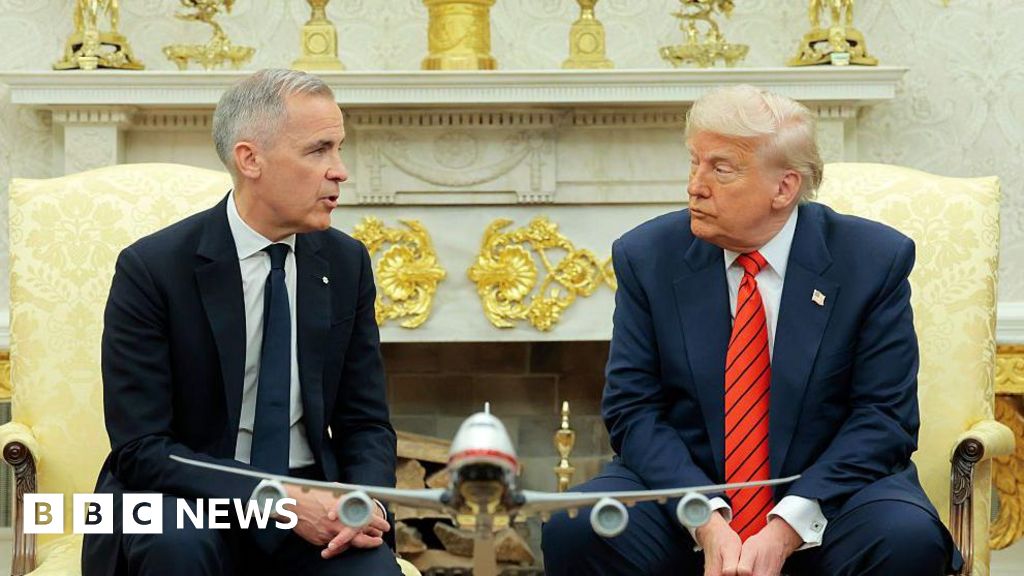(Bloomberg) — China’s fiscal stimulus pushed its four-month budget deficit to a record high, as the government ramped up support for the economy during an escalation in its trade conflict with the US.
Most Read from Bloomberg
The broad deficit reached 2.65 trillion yuan ($367 billion) in January-April, the most ever for the period, according to Bloomberg calculations based on data released by the Finance Ministry on Tuesday. The shortfall swelled by more than 50% compared with a year earlier.
It’s the clearest evidence yet that Beijing shifted into a higher gear in deploying this year’s planned fiscal stimulus to help the economy weather external shocks. US tariffs on most Chinese goods rose to a prohibitively high level of 145% in April before the two countries agreed to a truce earlier this month.
Outlays soared against the backdrop of stabilizing earnings. Total income in China’s two main fiscal books reached 9.32 trillion yuan in January-April, a decline of only 1.3% year-on-year after a much steeper drop during the first quarter.
In April, tax revenue rose 1.9% from a year earlier after a 2.2% drop in the previous month, according to calculations by Goldman Sachs Group Inc. economists, who attributed the increase mainly to the strength of individual income tax collections.
Total expenditure rose 7.2% to 11.97 trillion yuan in January-April, the data showed. That number combines spending under the general budget, which includes mainly everyday outlays, with expenditure in the government fund budget, which is more weighted toward capital investment projects.
Interest payments on debt were the category that grew the fastest in the general budget, up 11% year-on-year. They were followed by expenditure on social security and employment — which could have helped workers vulnerable to the trade war — and education.
In a likely sign of heavier spending on infrastructure and other programs backed by the issuance of government bonds, expenditure growth was sharply higher from the first quarter both at the central and local levels. During the first four months, outlays by central authorities in the fund budget surged 75% from a year earlier and jumped 16.6% among provincial governments.
Looking ahead, the urgency of further fiscal support is waning after an agreement by China and the US to temporarily lower tariffs levied against each other’s products.
Source link













